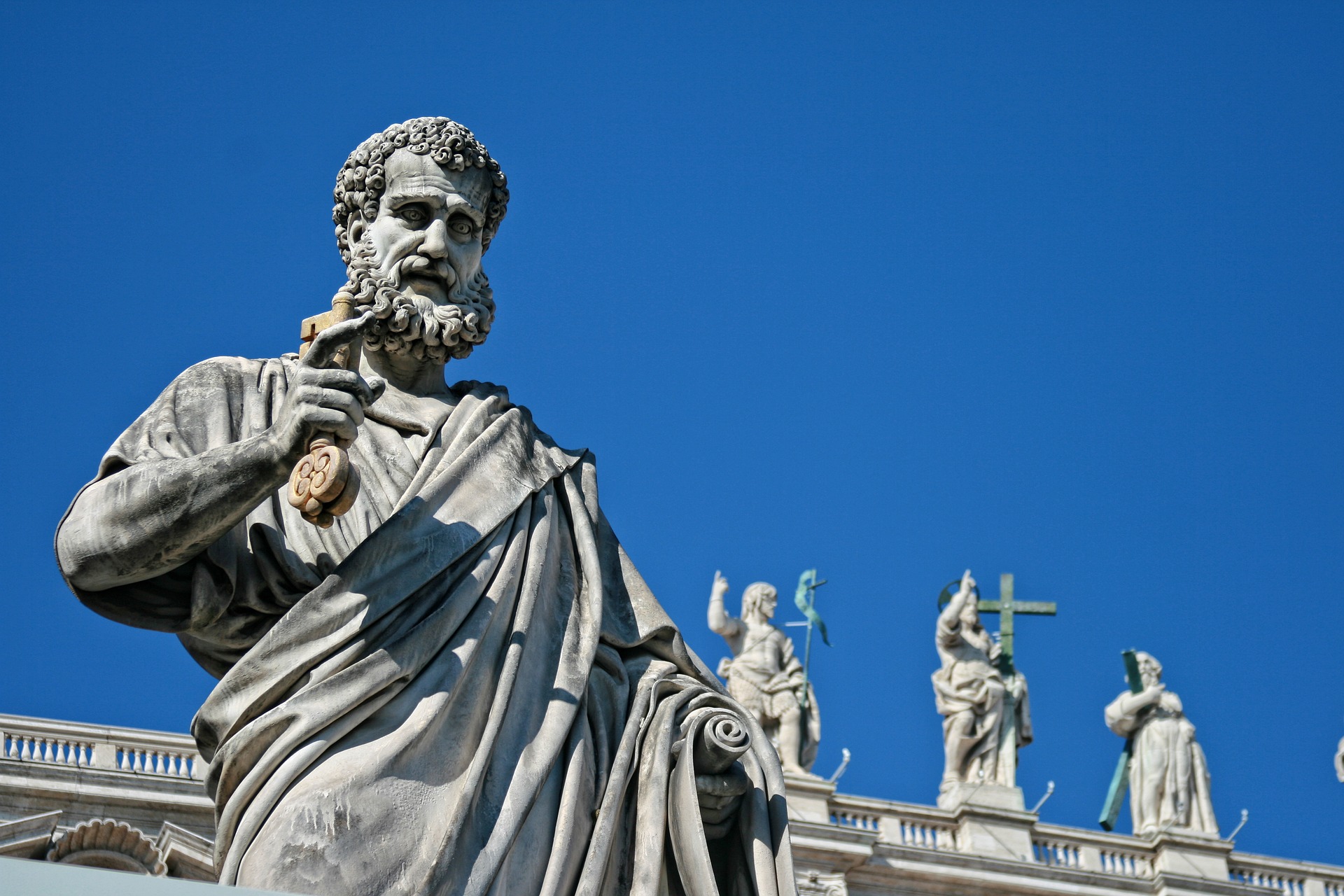
Classics FSP Rome
London, United KingdomRome, ItalyThis program is offered once every two years
ABOUT THIS PROGRAM
This is a biennial program and will be offered in fall 2025.
By means of extensive field trips throughout the Italian peninsula (e.g., Latium, Tuscany, Campania, Umbria), students develop a deep familiarity with the topography and material culture (sites, monuments, artifacts) of ancient Italy. A separate trip off-peninsula focuses on the material culture and history of Roman Britain, as an administrative region and a frontier society of the Roman world.
The aim of the program is to study the processes of continuity and change in the development of ancient Rome, Roman Italy, and the Roman world. The monuments of the post-Classical Roman world are also examined, so that students consider the profound and continuing influence of ancient Italic cultures upon the present.
The curriculum embraces architecture, the visual arts, history, religion, and the basic techniques of archeological analysis. Students study the Roman world through lectures and discussion in situ. We develop a deeper understanding of types of evidence and how we reconstruct and write history, especially history "from the bottom up" or "from the margins."
Enrollment Information
About 10-15 students are selected for the program.
For more information about applying for this program, see our webpage on How to Apply & our FAQs under section 2 (How to Apply: Application)
THE STUDY ABROAD EXPERIENCE
ACADEMIC PROGRAM
Faculty Director
 Roberta L. Stewart Professor of Classical Studies
Roberta L. Stewart Professor of Classical Studies Curriculum
CLST | 30.1 | 90: City of Rome, Art and Architecture
CLST | 30.2 | 90: Cultural Diversity of the Roman World
CLST | 31 | 90: Roman Myth and Religion
Prerequisites
A grade of B- or better in two of the following:
CLST | 17:
Roman History: The Republic
CLST | 18:
History of the Roman Empire: Roman Principate to Christian Empire
CLST | 19:
Methods and Theory in Ancient History. Winter 2023 (special topic, History of Roman Britain)
CLST | 24:
Etruscan and Early Roman Archaeology: The Rise of Rome
CLST | 25:
Early Roman Imperial Archaeology: The First Emperors
CLST | 26:
Later Roman Imperial Archaeology: The Golden Age and Beyond
ITAL | 1:
Introductory Italian I
(or an equivalent)
Additional Information: Students will be expected to have elementary reading and speaking knowledge of Italian.
Curriculum
CLST 30.1 City of Rome, Art and Architecture. ART. Taught by Dr. Fabiana Battestin (University of Tuscia (Università degli Studi della Tuscia, Viterbo)).
The course offers an extensive overview of the development of the city of Rome from its foundation in the 8th century B.C. to the end of the 4th century A.D., through a direct experience of the Ancient Roman places, architecture and art. Students will also develop basic computational skills to organize and manipulate archaeological data, by creating in small teams a digital base timeline and a thematic map of the city of Rome.
CLST 30.2. Cultural Diversity of the Roman World. INT or SOC; CI.
This course explores the history and cultural diversity of the Roman Empire, through field trips to ancient settlements, sites, and museums in Italy and Britain at the furthest distance from Rome. Britain illustrates a frontier zone, where different peoples interacted and crossed cultural as well as physical boundaries; and we evaluate lived experience and cultural hybridity how we study status, gender, ethnicity of various peoples.
CLST 31. Roman Myth and Religion. TMV.
In this class we study traditional Roman religion and mythology. Visiting sites and museums in Rome, Italy, and Britain, we reconstruct polytheist religious experience and consider the institutions/modes of religious conservativism and transformation. A final unit considers the confrontation with Christianity from a Roman point of view.
STUDENT LIFE
In Rome, students live in shared, self-catered apartments/flats equipped with kitchen facilities for preparing meals. Students should expect to share a bedroom and bathroom with other students. All students committed to this program will complete a housing preference form for shared housing and roommate placements.
During the excursions, students should expect to share a bedroom and bathroom with other students on the program.
According to a Fall 2023 participant they recorded the following step/walking data over the course of a 70 period while participating in the program.
Total Distance: 391.46 miles
Daily Average: 5.51 miles per day
Pompeii Average: 7.56 miles per day
England Average: 5.27 miles per day
Longest Day (10/7/2023): 10.42 miles (Herculaneum scavenger hunt + Vesuvius climb)
Total Flights of stairs: 824
Total Steps: 946,699
This program is extensively based onsite and in the field in and around Rome and Italy and the UK.
For more information, please see the department website.
Student Accessibility Services
We encourage students to engage with their SAS advisors and program faculty/staff during the exploratory, pre-application phase to discuss how disability-related accommodations and access needs can be supported in an off-campus environment. If you currently have approved accommodations at Hanover, SAS will review them to determine which can be provided at your off-campus location and what alternatives may be needed. On-campus and off-campus accommodations may differ depending on each program location's resources and accessibility features. We recommend beginning this discussion with SAS as soon as you are accepted and no later than at least one whole quarter before your program start date.
For next steps, review the Off-Campus Program Accommodations page on the SAS website.
Financing Your Program
Tuition and Fees
The fees charged by the College for a Dartmouth-sponsored off-campus term of study include regular tuition charges for a term at Dartmouth, service fees, as well as the specific costs established for each off-campus study locale. In many programs, the room and board costs tend to be higher than for a term in Hanover. You can view a budget sheet for each program by clicking on the appropriate term under "Financing Your Program". The cost of transportation to and from the site is the responsibility of the student.
Financial Aid
In order that all qualified Dartmouth undergraduate students may have the opportunity to take part in off-campus programs, the College endeavors to adjust its normal financial aid awards for students already receiving aid. Tuition and expected family contribution for Dartmouth's off-campus programs are the same as for an on-campus term.
All costs, including airfare and spending money, are considered when determining the cost of an off-campus program. Any costs more than a typical term in Hanover are met with additional Dartmouth Scholarship Funds. If you have a work expectation for the term, this will be replaced by scholarship funding for programs that span the entire term.
Students are responsible for purchasing their own plane tickets and, in many cases, meals. Often, families find that they owe less for billable items for study away terms but will instead use more of their expected family contribution towards indirect costs such as the flight and meals. For help sorting out who pays what and how, contacting the Financial Aid office is often advisable.
Financing your program | Financial Aid | Scholarships | Budgeting & Costs
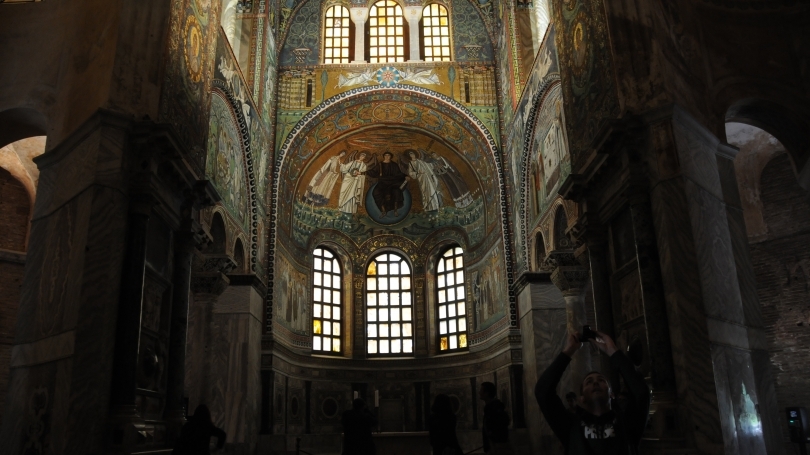
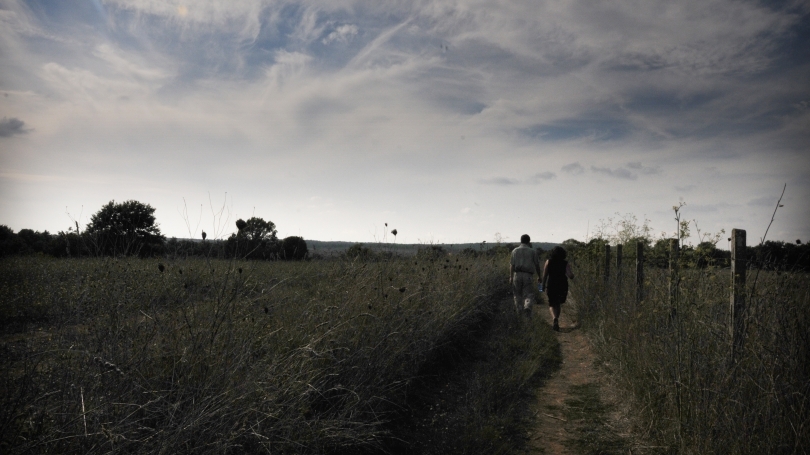
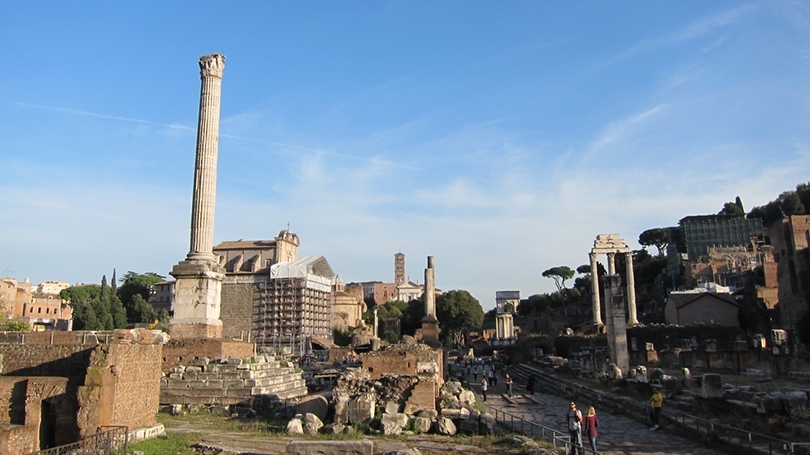

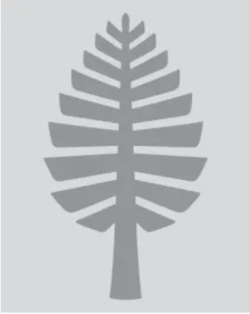 TBD
TBD